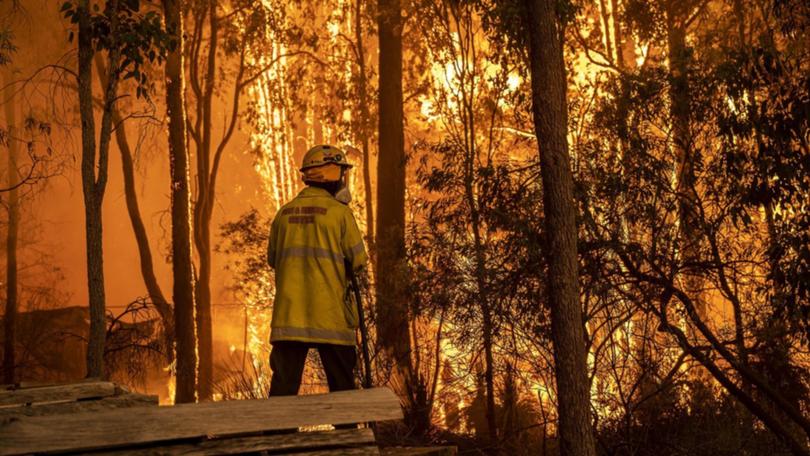LA fires could push up Australian insurance costs, adding to burden of climate disasters driving up premiums
Destructive fires in the US could drive up Australians' insurance premiums as the frequency and scale of natural disasters increases across the world.

Australians may have to pay more for their home insurance as catastrophic fires in the US add to a growing list of climate disasters driving up premiums.
Natural disasters have fuelled Australians’ insurance costs beyond inflation, according to an analysis from The Australia Institute.
Even events on the other side of the world, like the Los Angeles fires, can still impact Australia as the factors which increase the frequency and scale of natural disasters globally, will also do so within Australia.
Sign up to The Nightly's newsletters.
Get the first look at the digital newspaper, curated daily stories and breaking headlines delivered to your inbox.
By continuing you agree to our Terms and Privacy Policy.This has left disaster-prone regions of Australia almost uninsurable as coverage becomes unaffordable, The Australia Institute senior research fellow David Richardson said.
“The increasing number, scale and intensity of natural disasters like bushfires, cyclones and floods — due to our changing climate — is a global phenomenon which will impact insurance premiums around the world, including here in Australia,” he said.
“The LA fires are a tragedy which will have global consequences for years to come.”
The reinsurance market — where insurance companies buy insurance from bigger, international organisations to mitigate their own losses from natural disasters — also has a role to play.
Hurricane Ian, which ripped through Florida in 2022, made 2023 the third-costliest hurricane season on record, which added to global pressures in the reinsurance sector.
“As the world’s big reinsurers push up premiums to cover their losses from natural disasters, local insurance companies will be forced to do the same,’” Mr Richardson said.
The Los Angeles fires have killed at least 24 people and left thousands more displaced under evacuation orders.
Sewerage, water and power infrastructure has been significantly damaged and more than 12,000 structures have been destroyed.
The cause of the blaze is still unknown and while government agencies have not yet provided damage estimates, the event could be one of the nation’s most expensive natural disasters.
